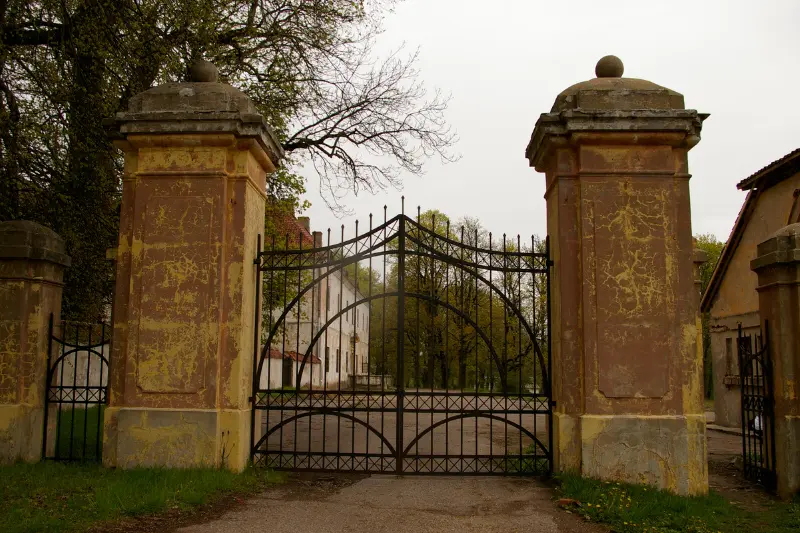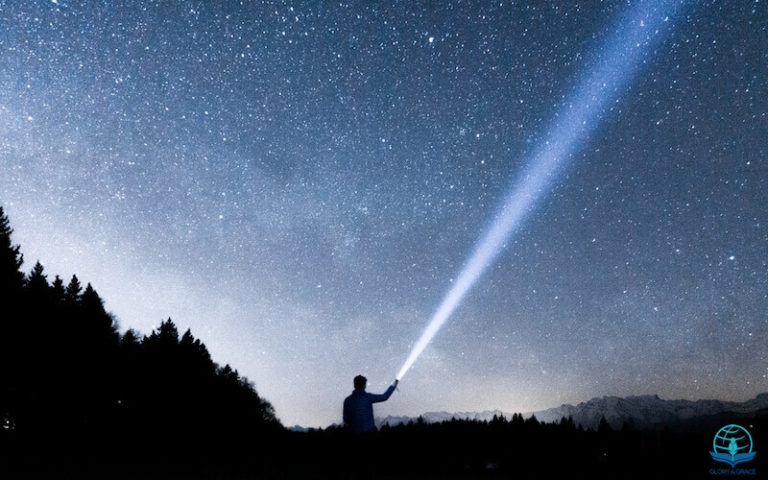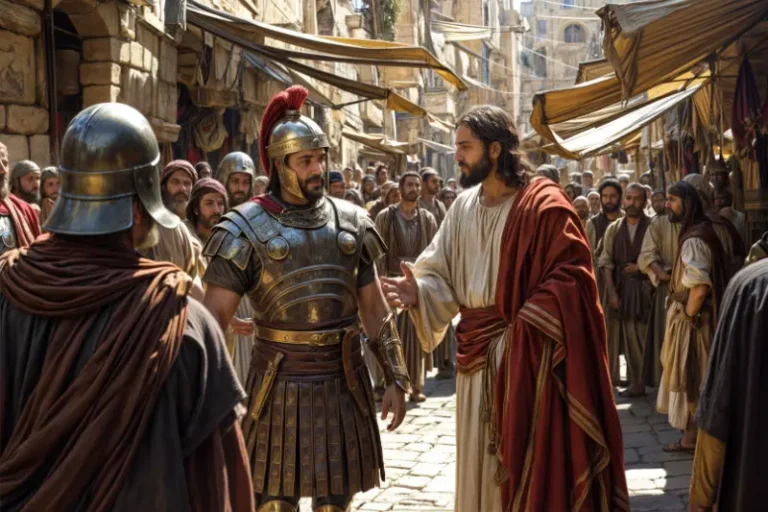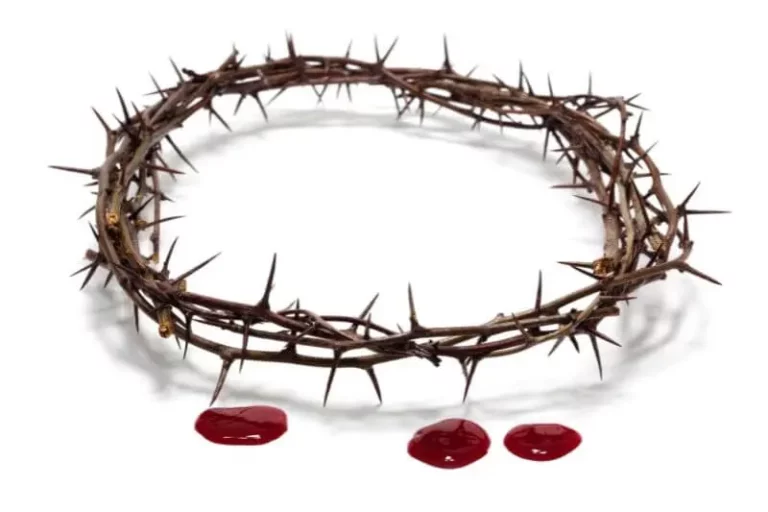Lift Up Your Heads, O Ye Gates
Lift up your heads, O ye gates; And be ye lift, ye everlasting doors; And the King of glory shall come in. Who is this King of glory? The LORD strong and mighty, The LORD mighty in battle. (Psalm 24:7–8, KJV)

Envision yourself before Jerusalem’s ancient gates, steeped in centuries of history and prophecy. This scene from Psalm 24:7–8 invites us to delve into a fascinating spiritual truth about these gates that lift up their heads.
The psalm intertwines mystery and majesty, prompting us to ponder the significance of these gates. Scholars suggest two contexts: a worship procession, like David bringing the Ark to the Temple, or Israel’s army returning with the Ark to Jerusalem. With its military overtones, the latter seems more apt given the portrayal of God as “mighty in battle”.
But who is this “King of Glory”? Verse 10 clarifies the “LORD of hosts,” expressing God’s supreme reign. The gates symbolize more than mere physical barriers; they represent access to the Lord’s dwelling place. Their personification, with heads to lift, uses an Old Testament idiom for confidence and boldness (Judge 8:28, Ps. 83:2). Picture a victorious parade, with priests carrying the Ark, addressing the city’s gates as animate beings, beckoning the triumphant Lord to enter.
In the New Testament, this imagery resonates deeply. As noted in the ESV Bible notes, heaven opens to welcome Christ upon His ascension after crushing sin, death, and the devil. As the ancient gates received the victorious Lord, heaven’s gates ushered in the ascended Christ. This triumphal entry mirrors the Temple veil’ being torn from top to bottom, opening the ancient barriers that have separated humanity from God’s presence.
Through Christ’s triumph, the ancient heavenly gate, shut since Adam’s fall, has been flung open. The Lion of Judah has prevailed and earned the rights and privileges of entering into heaven itself as our King and Priest, paving our way.
Meditate
Consider the gates in the Psalm. In your spiritual walk, what do they represent?
Apply the Word
The gates are open, Christ has entered, and our path is clear. Just as He conquered and entered, we, too, can overcome and follow His lead. Embrace His empowering strength.
Pray
Ask for the Lord’s strength to mirror Christ’s victory, to pass through the open gates, treading in the footsteps of our victorious King.
Sanctify yourselves therefore, and be ye holy: for I am the Lord your God. And ye shall keep my statutes, and do them: I am the Lord which sanctify you. (Leviticus 20:7–8, KJV)

As the Great I AM that I AM, God revealed Himself as the Lord who sanctifies His people in the Old Covenant—Jehovah Mekaddishkem. But this was only a shadow of something greater that was coming in the New Testament.
Jehovah Mekaddishkem is the English transliteration of the Hebrew words for “I am the Lord which sanctify you” ( “mekaddish” = sanctify, “kem” = you). Divine names and titles in the Old Testament often reveal an aspect of God in relation to His people.
There are three keywords that underlie the meaning of sanctification: “wash,” “consecrate,” and “separate.” Sanctification essentially means to make something holy. Sinlessness is a core aspect of holiness, but there is more to holiness than sinlessness. It is the very nature of God. However, when used in reference to us humans, it means to be cleaned from sin, set apart for God, and consecrated to Him.
In the passage above, God tells the people first to sanctify themselves and then reveals He is the One who sanctifies them. Thus, He gives us the two sides of sanctification—the God side and the human side. There’s something God does and something His people do for their sanctification.
This truth was only a shadow in the Old Testament. It is in Christ that we see God fully revealed as Jehovah Mekaddishkem to His people through the sanctifying work on the cross. In speaking to the Corinthians, Paul revealed,
“And such were some of you: but ye are washed, but ye are sanctified, but ye are justified in the name of the Lord Jesus, and by the Spirit of our God.” (1 Corinthians 6:11, KJV)
This is Jehovah Mekaddishkem fulfilled in Christ: We were washed and sanctified. Note that these are in past tense, describing something God has already done. The day you received Christ, you received the bath of your life, a heavenly bath by the Spirit of God that removed every stain of sin through the precious blood of Christ. And as you continue to live on earth, the Spirit continues to sanctify you daily.
Following the sanctifying work He has already done in us, He commands us,
“For this is the will of God, even your sanctification, that ye should abstain from fornication:” (1 Thessalonians 4:3, KJV)
Now that you are clean, washed, and sanctified, He tells us to put that sanctification to work outwardly. Paul explicit states it is what God wants—His will. He gives us a very specific example of sanctification here: abstain from sexual immorality. Few things defile us, like sexual impurity. But sanctification certainly includes more than abstaining from fornication or adultery. As above, it includes living a consecrated and separated life to God daily in the way we talk, act, think, feel, and handle our bodies.
He is Jehovah Mekaddishkem, the God who has Sanctified you in Christ and continues to sanctify you every day.
Meditate
Is our sanctification completed, ongoing, or both?
Apply the Word
This is the crucial part of this devotional. Until you receive the truth that God has already sanctified you by His Spirit, you will not be empowered to be sanctified practically. Put God’s sanctification power to work in your life daily by faith in the finished work of Christ.
Pray
Ask the Lord to help you in your daily walk of sanctification.
Free Mini E-book: From Spiritual Dryness to Flourishing






